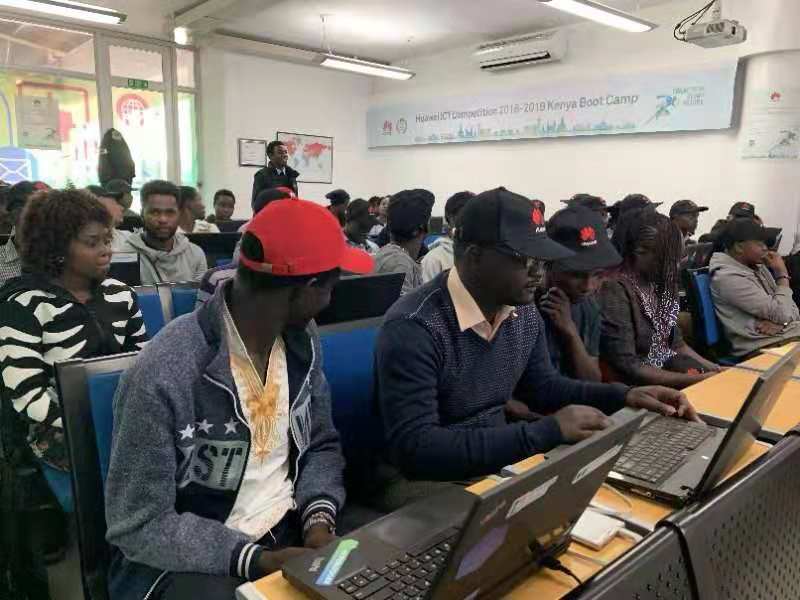Preparing Africa for the workforce of tomorrow


Ten students from Train Up a Child Primary School in Uganda have developed computer games specifically catered for teenagers. By interacting with the game, they hope young people will learn to stay away from making bad choices such as abusing alcohol and drugs.
"When gaming, the player needs to make good decision by prioritizing what is important in life, such as education. These are societal challenges that we are contending with now, and we have to think of innovative yet impactful solutions," said Isaac Carvallo.
The 11-year-olds exhibited their work during the 2nd Africa Blockchain Conference held at the beginning of July in the capital city of Kampala. Discussion focused on how Africa can plan for the workforce of tomorrow.
The important role of governments in shaping the education sector was emphasised as public schools fall behind their private and expensive counterparts in introducing forward-looking programs.
According to analysts, the 4th industrial revolution is a boon to the continent, and Africa is betting on the digital era to generate jobs and accelerate sustainable and inclusive economic growth.
Pundits believe that demographic dividend will drive the transformation. The United Nations projects that Africa's population will rise to 2.5 billion in 2050 and more than 4 billion in 2100. The UN also predicts that one in three people on earth will live in Africa by 2100.
"The key question is, how are we preparing our students for an increasingly uncertain world? Jobs are going to be very different and fluid. An illiterate person would be one without computer skills," said Ramathan Ggobi, a lecturer at Makerere University Business School in Uganda.
The Organization for Economic Cooperation and Development said 65 percent of current school students will be in jobs not yet invented. 85 percent of the jobs that will exist in 2030 as yet also do not exist, said Dell Technologies in a report. A further study by Oxford Economics indicates that 50 percent of current jobs will be automated by computers and robots.
"The majority of schools and school systems continue to deliver an education and curriculum which simply does not reflect the skills, literacy, and capabilities required for the world of the future," said James Magara, a researcher in Uganda.
But while schools offering international education programs have incorporated subjects such as computers and artificial intelligence coupled with high speed internet, public schools are falling behind. To cater for the lower middle class, projects have emerged.

































